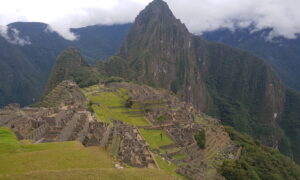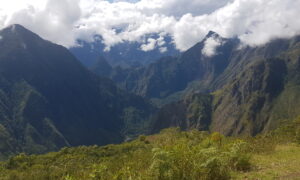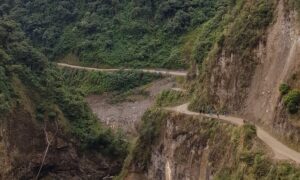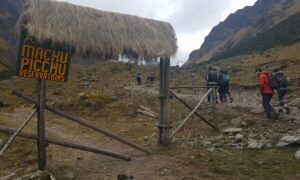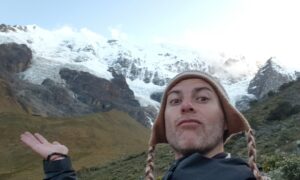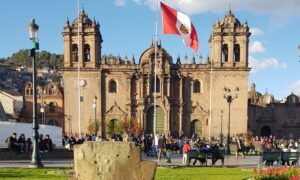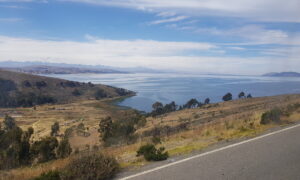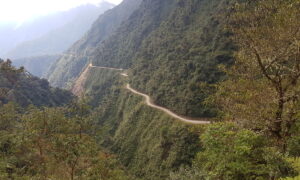Spoiler alert: This post has nothing to do with the practical implications of unpacking your bags after a monumental trek..
From solitude to solidarity, and back again..
There’s a sudden jolt of emptiness that strikes right after a multi-day trek. A void left by the incredible highs shared with fellow adventurers. It’s an experience with few analogues in modern life. And though I reflect here on my five day of trek to Machu Picchu, it feels almost cliché to say the immense joy was not found in eventually reaching one of the wonders of the world; but about the journey to get there.
The true essence of the experience lies in the shared awe as you meander through the beauty that nature routinely dangles in front of you. It’s about the bonds that form as you spend every waking moment with friends, new or old, day in and day out. The camaraderie that deepens as you tackle the gruelling challenges of the multi day trek. Knowing that, though each may be fighting their own battle, there’s solace in the fact that you’re all on the same battlefield.
It’s an interaction with others that brings out a simplified, purer version of ourselves, leaving behind the modern-day identities we tend to carry around with us. Titles, possession, appearances, all the usual trappings of identity fade into insignificance here. Instead, your character, values and aspirations are what circulate in the social sphere. Layers of pretence quickly fall away, revealing a deeper, more open version of yourself. We become almost childlike again, running, playing, and reawakening a dormant sense of curiosity. We gaze at the beauty around us with sincere admiration, letting go of modern life’s franticness, if only temporarily, and become consumed by the simplicity of it all: the simplicity of walking, observing, and an inner sense of belonging.
There’s a deepening connection with nature, with each other, and with yourself as you weave through the winding mountain paths. The journey compels mindfulness, making you feel present and alive in a way that’s difficult to evade. Future plans rarely stretch beyond the day, and without a complex schedule to dictate your time, you let go, embracing each moment as it comes, open to the beauty, the conversations, and the adventure that each moment contains.
Unfortunately, the immersive nature of the journey isn’t permanent. As you progress, whether halfway through or nearing the end, thoughts of its conclusion begin to surface. Maybe it’s subtle, sparked by conversations about what comes next, but the awareness of “the end” slowly takes hold. You try to push these thoughts aside, stay present, and savour each moment, but as the final destination draws near, they inevitably creep in. You want to hold onto the experience, yet you feel its impermanence. Like sand slipping through your fingers, the journey fades, no matter how much you try to cling to it.
Buddhism teaches that everything is in constant flux, a principle known as anicca, or impermanence. Our attachment to things we know are bound to change is one of the primary sources of suffering. To accept this is to lessen the hold that endings have on us, even ones as meaningful as this.
The transition back into the regularities of everyday life can feel sudden and jarring, like waking from a vivid dream. Emotions from the journey rush back in waves, crashing briefly but with intensity. Memories of beautiful experiences linger, followed by a quiet undertow of sadness for their finality.
In case you missed it, follow the links to the series below.
Trek to Machu Picchu Day 1: Introductions, a 3 hour drive and the start of a magical 5 day adventure
Trek to Machu Picchu Day 2: We were tested
Trek to Machu Picchu Day 3: An easy day on the legs
Trek to Machu Picchu Day 4: The almost final day
Trek to Machu Picchu Day 5: The final 2 hours up to the infamous citadel



